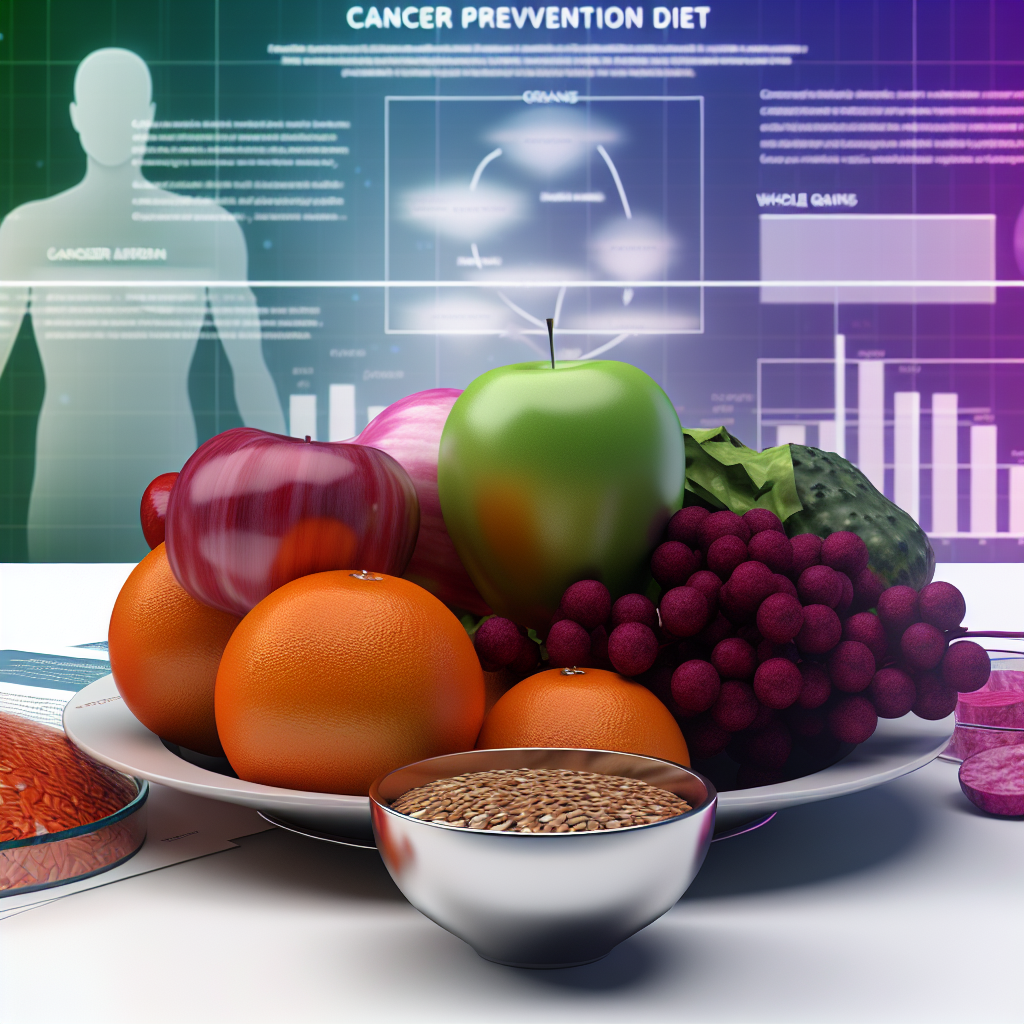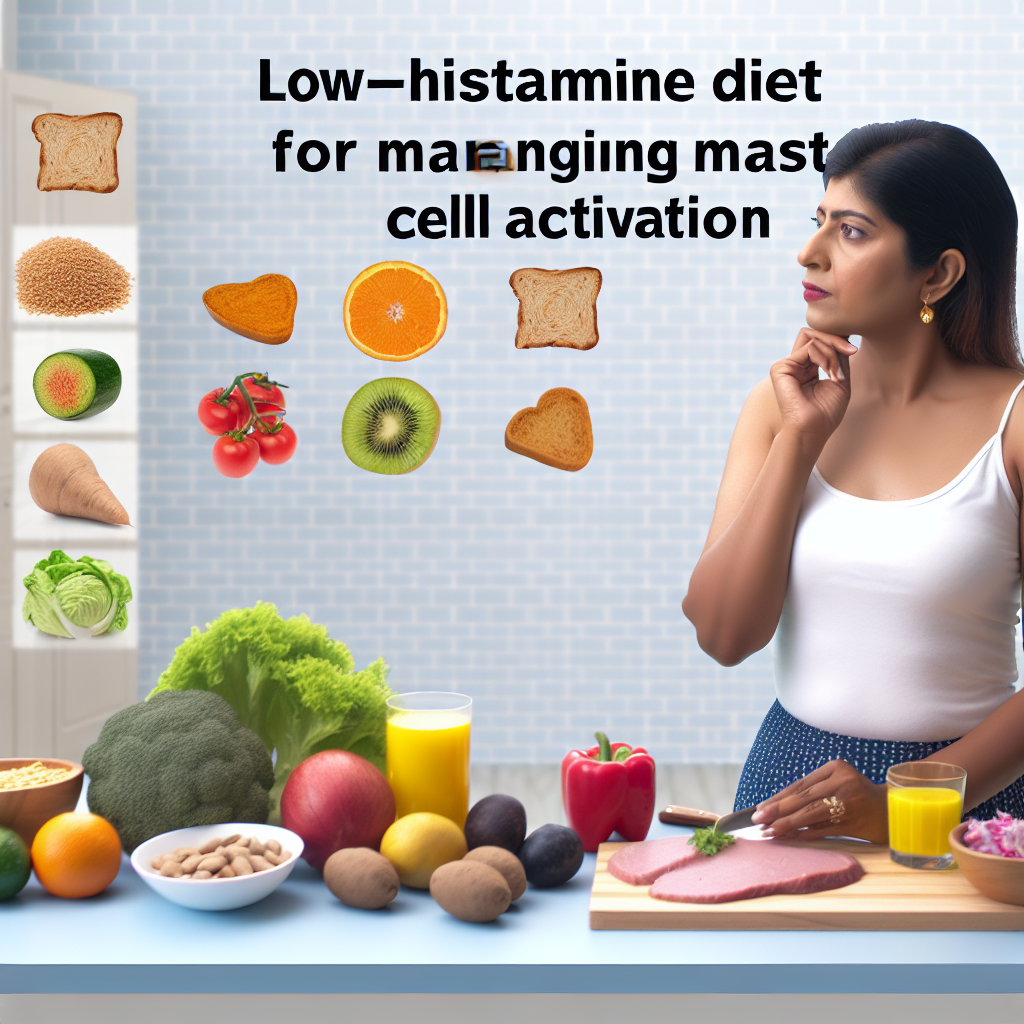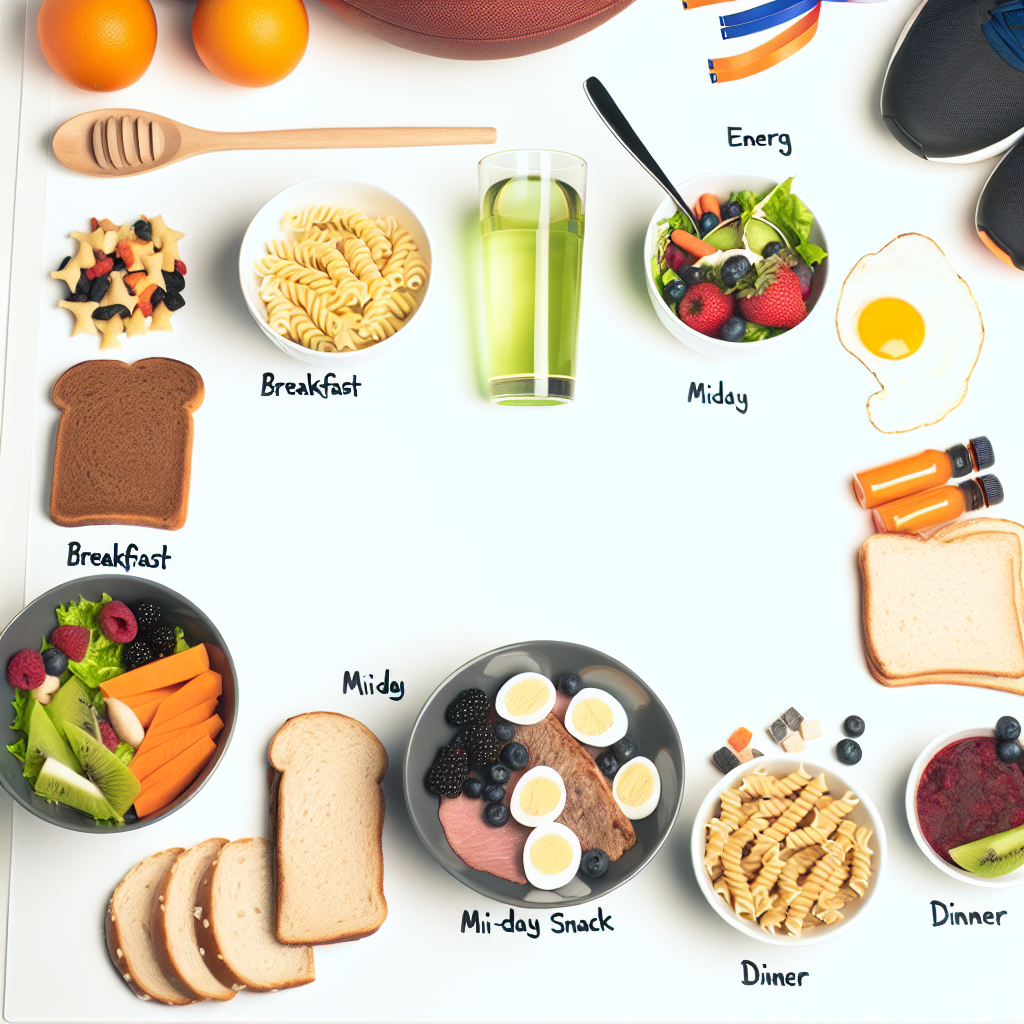Cancer Prevention Diet – Evidence-Based Protocols
Introduction
In today’s world, where medicine continues to evolve in diagnosing and treating cancer, prevention remains the most impactful pillar for long-term health. One of the most manageable and modifiable factors in cancer prevention is adopting a proper diet. Research suggests that between 30% to 50% of all cancer cases may be preventable through healthy lifestyle changes, with diet playing a leading role.
Rather than emphasizing a single food as a cure-all, a cancer prevention diet focuses on a broad, integrative nutritional approach. This approach reduces inflammation, regulates hormone levels, strengthens immune defenses, and assists the body’s detoxification processes. A shift toward whole, plant-based foods and away from processed meats, added sugars, and synthetic ingredients lays the groundwork for a cancer-resilient lifestyle.
The kitchen doubles as a pharmacy when incorporating foods like berries, turmeric, garlic, and green tea. Endless published research supports their ability to inhibit tumor development, modulate gene expression, and protect healthy cells from oxidative damage. Superfoods and functional herbs are not just folklore—they are increasingly validated through scientific inquiry.
For those who are exploring alternatives to pharmaceuticals or seeking a supportive diet alongside conventional treatments, this article outlines actionable, evidence-backed dietary protocols. The goal is simple: promote long-term vitality and reduce cancer risk through informed, balanced, and natural nutrition.
Evidence-Based Features
Modern nutritional oncology has illuminated how certain dietary patterns can influence cancer development. Numerous clinical and observational studies confirm that optimal nutrition can modulate carcinogenic processes and support the body’s natural defenses.
One of the most influential reports in cancer prevention comes from the
World Cancer Research Fund (WCRF) in collaboration with the American Institute for Cancer Research (AICR). Their global analysis emphasizes increased intake of vegetables, fruits, whole grains, and legumes, while minimizing red meat, processed food, and added sugars. According to their research, fiber-rich diets lower colorectal cancer risk, and maintaining a healthy BMI can reduce the risk of more than a dozen cancers.
Cruciferous Vegetables
Broccoli, cauliflower, Brussels sprouts, and kale contain a unique group of compounds called glucosinolates. These phytochemicals convert into active metabolites like sulforaphane and indole-3-carbinol upon digestion. According to a study in the
Journal of the National Cancer Institute, sulforaphane has been shown to suppress cancer stem cells and inhibit tumor growth—especially in breast and prostate cancers.
Turmeric and Curcumin
Used traditionally in Ayurvedic and homeopathic medicine, turmeric contains curcumin, a polyphenolic compound with potent anti-inflammatory and tumor-inhibiting properties. A comprehensive review in the journal
Molecules documented its ability to modulate over 30 types of cancer-related pathways, including inflammation, angiogenesis (new blood vessel formation), and metastasis.
Curcumin also enhances the effectiveness of chemotherapy drugs, reduces resistance to treatment, and protects healthy tissue during radiotherapy. However, because of its low bioavailability, curcumin is often paired with black pepper extract (piperine) to improve absorption.
Polyphenol-Rich Foods
Polyphenols are plant compounds found in green tea, dark chocolate, red grapes, and various berries. These compounds act as antioxidants, preventing DNA damage from free radicals. One key polyphenol, EGCG (epigallocatechin gallate), found in green tea, has garnered attention for its anti-cancer potential. A 2020 article in
Oxidative Medicine and Cellular Longevity details how EGCG initiates apoptosis in cancer cells and inhibits angiogenesis.
Mediterranean Diet
The Mediterranean diet is consistently ranked among the healthiest dietary patterns. A 15-year cohort study published in the
American Journal of Clinical Nutrition linked this diet to decreased incidence of breast, prostate, and colorectal cancers. Key foods in this model include:
– Olive oil (rich in monounsaturated fats and polyphenols)
– Legumes (high in fiber and plant-based protein)
– Green leafy vegetables and citrus fruits
– Oily fish (omega-3 fatty acids)
This diet supports detoxification, antioxidant defenses, hormone regulation, and gut microbiome health—all major contributors to cancer protection.
Intermittent Fasting and Time-Restricted Eating
Emerging research underscores the benefits of metabolic regulation through intermittent fasting. A compelling review in
Nature Reviews Cancer explains how fasting activates autophagy—a cellular renewal and repair process that not only removes dysfunctional cells but may also reduce mutation and inflammation risks in early cancer development.
For example, 16:8 fasting (16 hours of fasting, 8-hour eating window) improves insulin sensitivity, regulates blood sugar levels, and boosts mitochondrial health—all factors in reducing cancer risk.
Conclusion
Cancer prevention is a proactive process that begins with daily choices—especially those around food. A cancer-preventive diet isn’t about strict rules but rather about lifestyle transformation grounded in scientific evidence and traditional nutrition wisdom. By incorporating anti-inflammatory, antioxidant-rich foods and limiting known dietary carcinogens, individuals can positively influence their long-term health.
From the Mediterranean diet to plant-based nutrition, from anti-cancer herbs like turmeric and garlic to innovative practices like intermittent fasting, the strategies are diverse yet unified by their ability to fortify the body’s natural defenses. Emerging research only strengthens the idea that aligning dietary choices with nature’s intelligence leads to better health outcomes.
When supported by credible resources and consistent daily habits, cancer prevention becomes an achievable goal. Prevention is not merely the absence of disease—it is the presence of health, resilience, and vibrant living.
Summary
A cancer prevention diet emphasizes a holistic lifestyle rooted in whole, anti-inflammatory foods like cruciferous vegetables, turmeric, green tea, and polyphenol-rich berries. Backed by authoritative research from the WCRF, Molecules, and Nature Reviews Cancer, this approach promotes detoxification, immune strength, and hormonal balance. The Mediterranean diet, intermittent fasting, and plant-based eating are all proven strategies reducing cancer risk. By avoiding processed and carcinogenic foods and embracing natural, nutrient-dense choices, individuals can significantly enhance their health and lower cancer susceptibility through empowered daily habits.
References
- World Cancer Research Fund – Cancer Prevention Recommendations
- Sulforaphane and Cancer Prevention – Journal of the National Cancer Institute
- Curcumin and Cancer – Molecules Journal
- Polyphenols in Cancer Prevention – Oxidative Medicine and Cellular Longevity
- Mediterranean Diet and Cancer Risk – American Journal of Clinical Nutrition
- Fasting and Cancer – Nature Reviews Cancer

Dominic E. is a passionate filmmaker navigating the exciting intersection of art and science. By day, he delves into the complexities of the human body as a full-time medical writer, meticulously translating intricate medical concepts into accessible and engaging narratives. By night, he explores the boundless realm of cinematic storytelling, crafting narratives that evoke emotion and challenge perspectives.
Film Student and Full-time Medical Writer for ContentVendor.com




